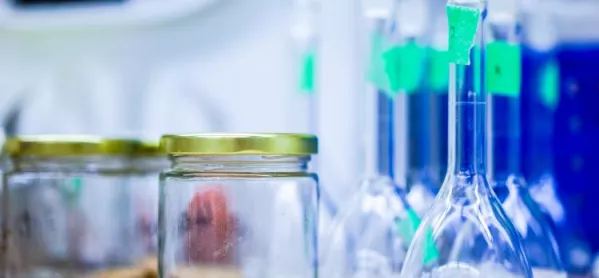There is “no evidence” that changes to stop practical experiments counting towards A-level science grades have made students worse at doing practicals, a new study has suggested.
Research by Ofqual found that students who completed A-level biology after the changes were introduced were actually better at practicals than those who took the qualification under the previous system.
For the first time last summer science A levels had their practicals assessed by a new “endorsement”. Instead of experiments counting towards grades as in the past, students were awarded a “pass” if they demonstrated competency during their course in relation to 12 practical activities.
The practical endorsement does not contribute to students’ final A level grade or to their UCAS points, although 15 per cent of the marks in the written exams are dedicated to questions about the theory and application of practical skills.
In the research published today, Ofqual said it decided to look into the impact of the reform because “some stakeholders have questioned whether schools may deprioritise practical work as a result of assessment arrangements”.
Ofqual compared the practical skills of students who had studied pre-reform A-levels and those who had studied post-reform A-levels.
Two cohorts of first year science undergraduates were tested across 15 university departments prior to receiving any formal university teaching. The first cohort was tested in autumn 2016 (consisting of students who had taken pre-reform A-levels during the preceding summer) and the second in autumn 2017 (consisting of students who had taken post-reform A-levels).
“The results suggest that, overall, the post-reform students outperformed the pre-reform students for biology and there was no statistically significant difference between the two cohorts for either chemistry or physics,” the Ofqual paper states.
Self-reported questionnaire data also suggested that the post-reform students “had undertaken practical work more frequently while studying for their A-levels than pre-reform students”.
“Overall, the results are therefore encouraging - there is no evidence of a decline in the practical skills of A level students following the reform and some evidence of an increase in practical skills for biology.”
However, Ofqual warned that it was “important to be cautious” of the findings because of the small sample size and because “assessing practical skills in the laboratory in a reliable way is very challenging”.
Ofqual also published a second batch of research today which found that asking examiners to grade practicals is “not particularly reliable… even when only two grades are available” because of “inconsistency between judges”.
“A carefully constructed marking scheme or list of assessment criteria, probably combined with a robust system for standardisation, would likely be necessary should individual practical techniques be assessed in isolation,” the study said.





